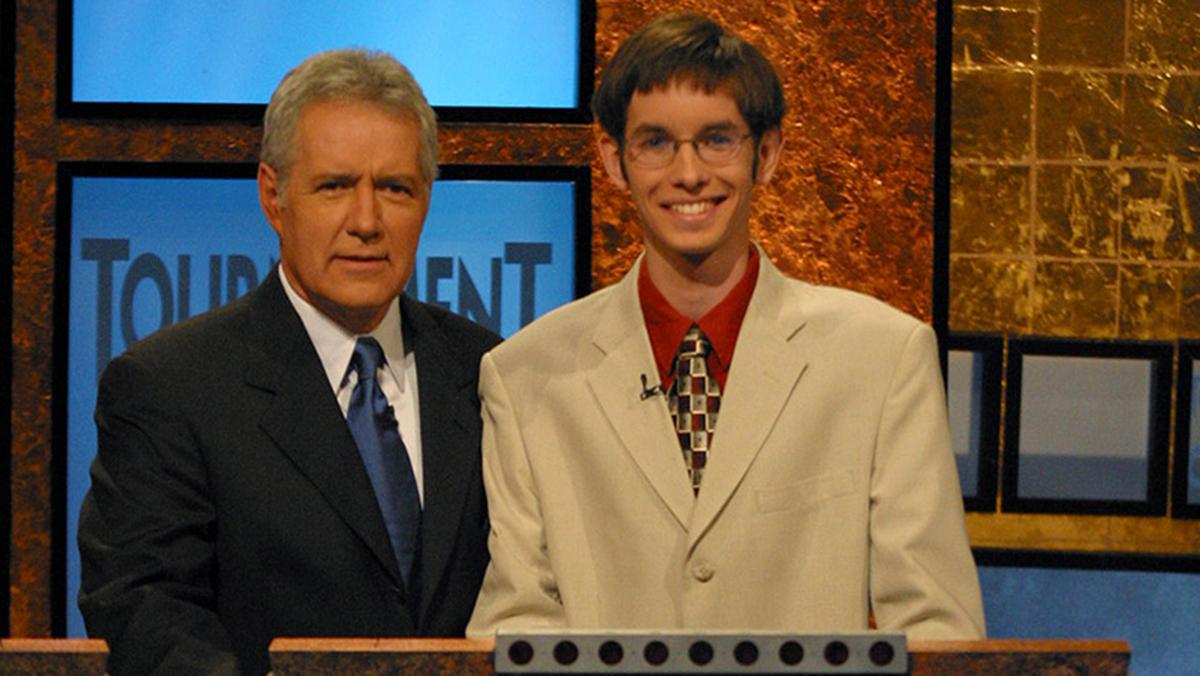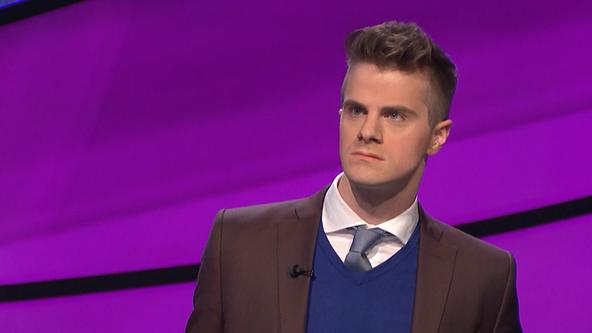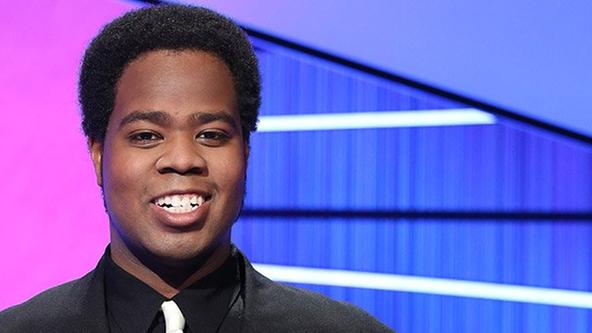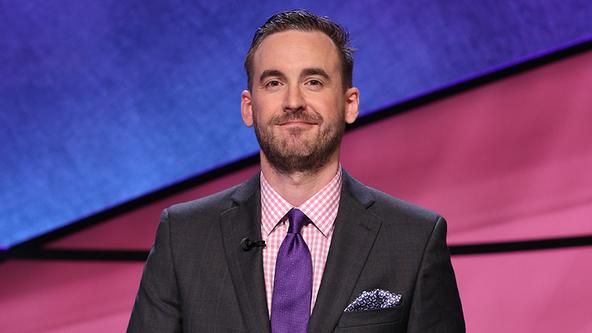Featured J!Buzz
You got “The Call” to be on Jeopardy! Congratulations! You’re busy cramming opera librettos, ancient Sumerian poetry, and Beyonce’s discography. But aside from trivia, there’s a critical part of preparation that many players ignore – one that can mean the difference between a multiple-game run and a lifetime of asking yourself, "What if?"
My name is Keith Williams. As a freshman at Middlebury College, I won the 2003 Jeopardy! College Championship.
Two years ago, I developed a website called The Final Wager to help players learn how to handle the math behind proper wagering. Several formidable players, including 11-game champion Arthur Chu, have used my strategies to their benefit, and – in the interest of full disclosure – some have done equally well while ignoring them completely.
On the whole, however, informed wagering is more likely to help you win – and, perhaps, string together a sizable run and paycheck. How often do you see a second-place player wager everything and miss a tough clue when a smaller amount would have given them the victory? If you're like me, a bad wager like that makes you yell at the television!
Actually, thanks to data from my friends at the J! Archive (a site unaffiliated with Jeopardy! productions), I can answer that: second place has wagered too much about 46% of the time over the last five seasons. That's a lot of strain on my vocal cords.
Now, unless you're recent 6-time champion Alex Jacob, you're on the show because you're good at trivia, not just because you're also a professional poker player who can calculate big numbers on the fly. So what's the simplest strategy? I go into more depth at The Final Wager, but I'll make it easy here.
If you've ever played blackjack, you know to assume the dealer has a 10 hidden underneath their face-up card and to tailor your play accordingly. Similarly, there are a few assumptions you can make no matter what position you're in heading into Final Jeopardy!.
If you're in first place, assume that the second-place player will wager everything, and wager to cover them by a dollar.
The second-place player won't always do this, of course. If you were to bet small, could you live with losing despite knowing the correct response? It's a problem that has plagued countless contestants. Ultimately, the decision is yours.
If you're in second or third place, assume that the first-place player will wager to win by a dollar, which they do about 87% of the time. Since you'll be unable to win if the first-place player gets it right, focus on what will happen if they get it wrong.
Do you have more money now than they'll have after they miss? If yes, think about wagering small.
If you have to get it right to have a shot, on the other hand, wager everything. If you win, you'll increase your payday, and there's always a chance that the first-place player will mess up the math.
Even legendary players make mistakes: 5-time champion Brian Weikle, at the time the biggest single-day winner in history, wagered $200 less than he should have due to bad handwriting. That error was much costlier than most – it decided the final match in the 2003 Tournament of Champions.
The same strategy goes for the battle between second and third. In fact, second place is often in the toughest spot – they have to deal with the leader in front of them and third place behind.
Here are some other takeaways:
Try to be in the lead heading into Final Jeopardy! The player in the lead wins about 70% of the time.
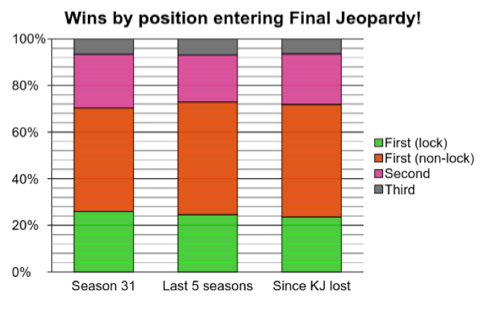
Source: J! Archive. Note: a "lock" is what Alex Trebek often calls a "runaway," when first place has more than twice the score of second.
The correlation between correct responses in Final Jeopardy! is about 0.2 – that means if you get Final Jeopardy! correct, there's a better-than-average chance that a given opponent will too. Same if you miss.
However, final clues have been harder than average recently – only 45.5% of contestants responded correctly in Season 31, compared with 48.4% in the past five seasons.
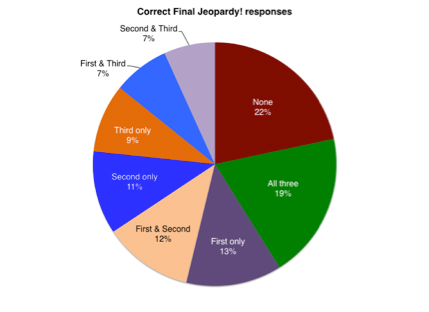
Data from seasons 27-31. Source: J! Archive
That's just the tip of the iceberg with wagering theory, which in its most exciting form resembles the "chicken game" from Rebel Without a Cause (without the driving off a cliff).


